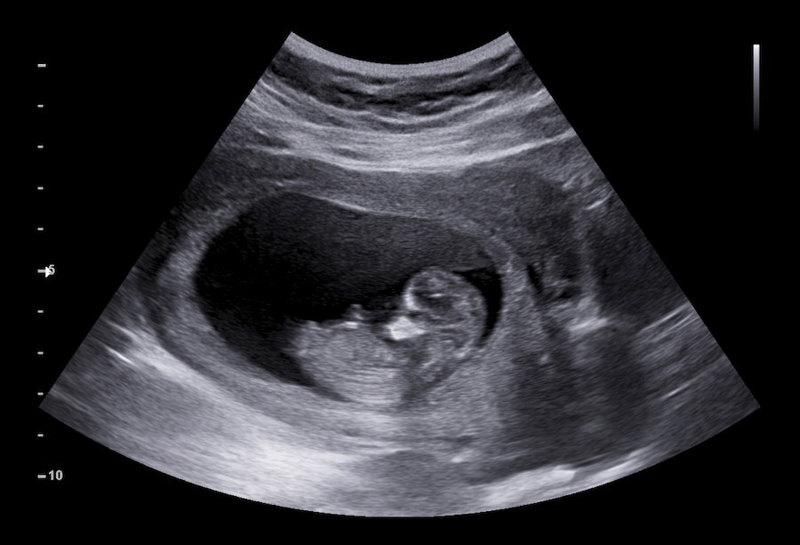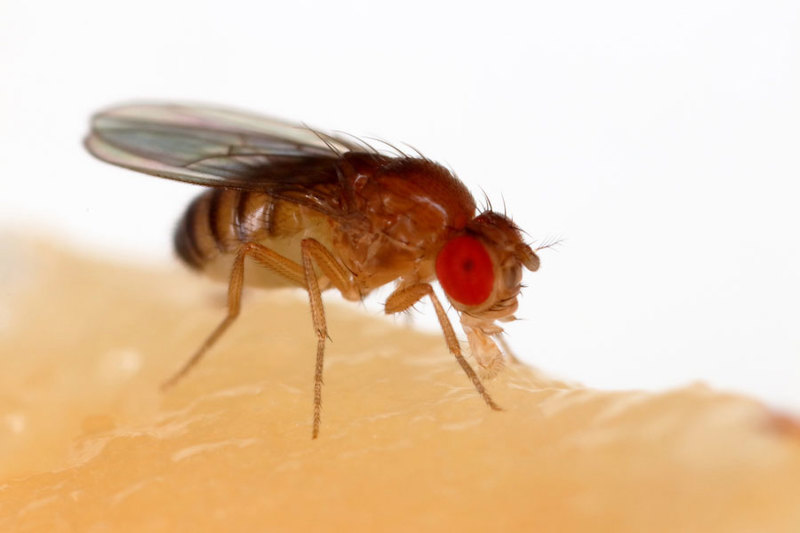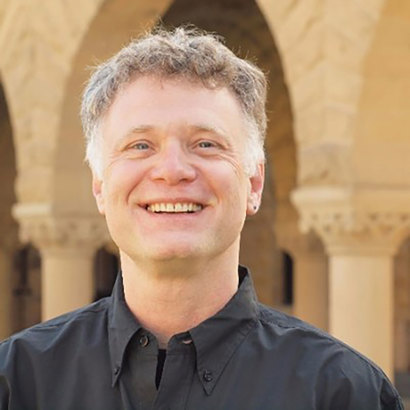
How can I convince my family that homosexuality is a natural part of me?
December 22, 2005

- Related Topics:
- Sexual orientation,
- Complex traits,
- LGBTQ+,
- Developmental biology
A high school student from California asks:
“Is homosexuality an inborn, unchangeable part of us or can people actually “convert”? I think it is just the way I am but my classmates and some family members think otherwise. How can I convince them that this really is the way I am supposed to be?”
First off, almost all of the data shows that being gay is not a choice. Most people discover they are gay rather than choosing it. As such, it is very difficult to “convert” to heterosexuality. It requires going against who you are.
I have seen no reliable data on the conversion of homosexual people. Or on how well it works, how happy the recently “converted” are, how long they stay “converted”, or any other statistics. There is some anecdotal data – things like it worked for me, it can work for you. But nothing that would make it into a decent scientific journal.
And the papers that do exist have some pretty major flaws, including (but very much not limited to) counting bisexuals who later engage in heterosexual relationships as a “success”. Or only following up with a tiny number of people, which can really skew and bias the results.1
Even proponents say the success rate is pretty low – it doesn't work that often. Most psychologists denounce conversion therapy entirely, including the American Psychiatric Association.2
An inborn part of who you are
There’s a lot of data that you can use as backup support to convince people that being gay is an inborn, unchangeable part of who you are.
For example, a couple of studies have been done that show that the brains of gay people are different than those of straight people.3,4 Other studies have found that gay people respond to pheromones differently than straight people.5 This isn't surprising, sexual attraction resides in the brain.
But where do these changes come from? Are they destined by genes, is it something in the environment or a combination of the two?
The best evidence points to the environment and genes both playing a role. Now, it’s important to know that “environment” basically refers to anything that isn’t determined by your DNA code. It doesn’t mean that it’s something you have control over. It can include all sorts of other biological explanations, including pregnancy conditions, hormones, and other things that may have all happened before you were even born!

To try to sort out environment and genes, scientists often do a twin study. In a twin study, identical twins are compared to fraternal twins. If something happens more often in identical twins, then that something is influenced by genes.
How does a twin study show something runs in a family? Remember, identical twins have exactly the same genes. Fraternal twins share only as many genes as any brother or sister.
Because twins are born at the same time, the environment is as same as possible for them. So if something happens more often in identical than in fraternal twins, then it is most likely because they share the same genes.
A number of studies have looked at homosexuality in twins, all with similar results. While the exact numbers vary, they all have the same trend. If one identical twin is gay, there’s a good chance the other will be as well. And identical twins are more likely to both be gay as compared to fraternal twins.6-9
This strongly suggests that there is a genetic component – there is something in their genes that makes them more likely to be gay.

Genetics, though, isn’t everything. If it were, then identical twins would both be gay 100% of the time. And this clearly isn’t the case.
And if it were all environment, then fraternal twins would both be gay as often as identical ones. Again, this isn't the situation.
So the interplay of environment and genes probably results in homosexuality. Again, by environment I don’t just mean how someone is raised. I mean the effect the biological environment can have on how the brain is hardwired very early on.
Developmental biology and hormones
In the womb, things happen that can affect how we develop. A surge of hormones here, a viral infection there, and we are not the same as we would be without these environmental factors.
Handedness is an example of this. Some people have genes that make them more likely to be left-handed. Not all of these folks end up lefties, though.
Something else has to happen while they are developing. Scientists haven’t pinpointed what this something is but it is the combination of genes and environment that makes someone left-handed.
Maybe something similar happens with gay people. And since the brain continues to develop after we're born, the environment can affect how our brain develops even after we are born.
The key here, though, is that this all affects how our brains are hardwired. It isn’t a choice or something like that, a brain has been configured to be attracted to the same sex.
Is there any evidence of this happening? There is some evidence that increased steroids in the womb may increase the chances that a girl will be lesbian.10 Some studies show that the more older brothers you have, the more likely it is for you to be gay.11
The animal evidence is also pretty strong that what happens in the womb can affect the eventual sexual orientation of the fetus. For example, exposure to differing amounts of testosterone or estrogen in the womb can affect whether an animal is hetero- or homosexual.12,13

How would genes work in all of this? What genes would do is either make the fetus more or less sensitive to these hormones. Or perhaps affect how or whether the mother’s body reacts.
So, for example, a surge of hormones may change one fetus’ brain but not another’s. Or the mother might respond to stress with more hormones causing a change, whereas a different mother wouldn't release as much hormone.
Whatever the cause, it is very unlikely that just one gene will cause someone to be gay, at least in people. But it is a different story in the fruit fly.
A single DNA mutation can turn a straight male fruit fly into a gay one.14 A similar mutation in a female fly makes her more interested in the girls than the boys.15

As I said, though, it is pretty unlikely that anything so simple is happening in people. Something so complex most likely involves lots of genes.
So there you have it. Gay people are certainly not mentally ill, and don’t need to be “cured” with conversion therapy. There are real changes in the brain that correlate with being gay. The scientific data show that whether or not someone is gay is due to biology, not choice.
Editor’s note (2/12/21): This article was edited for clarity and to provide links to referenced studies.
Read More:
-
American Psychological Association: LGBT resources
-
American Psychological Association: Statement against conversion therapy
-
NYTimes: “For Fruit Flies, Gene Shift Tilts Sex Orientation”

Author: Dr. D. Barry Starr
Barry served as The Tech Geneticist from 2002-2018. He founded Ask-a-Geneticist, answered thousands of questions submitted by people from all around the world, and oversaw and edited all articles published during his tenure. AAG is part of the Stanford at The Tech program, which brings Stanford scientists to The Tech to answer questions for this site, as well as to run science activities with visitors at The Tech Interactive in downtown San Jose.
 Skip Navigation
Skip Navigation
